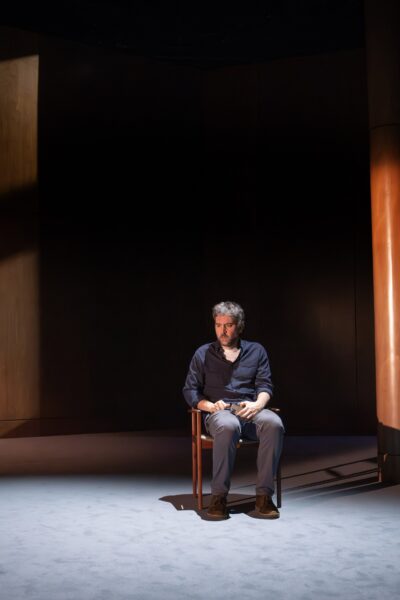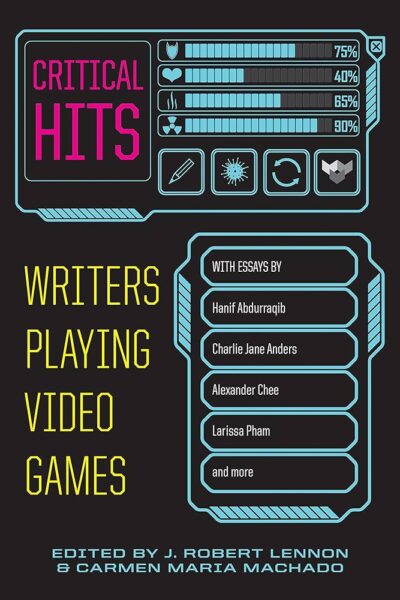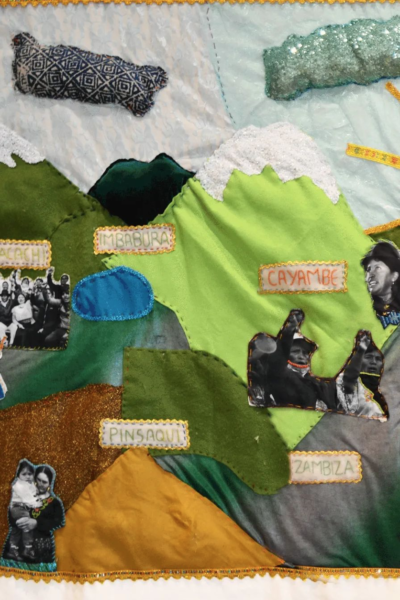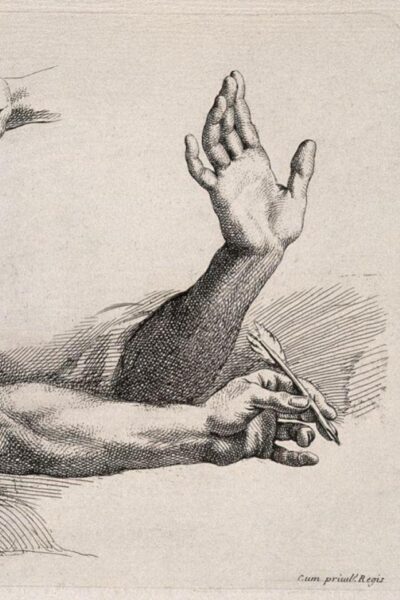“This Generation’s Homer”: How Penguin Has Changed Marvel Comics
The word “classic” once had a very specific meaning, namely a text written in Greek and Latin during the era of antiquity.
Paul Gottfried’s Career Smuggling Fascist Politics into the Academic Canon
With a figure as important to the American far-right as Gottfried, what excuse is there to lend him the veneer of academic legitimacy and to suggest his views have merit in scholarship?
The Literary Life of Connie Converse
On her own, Converse created great and complex work, but what might the canon look like today if she found an audience in her lifetime? If she created in communion with other great art?
You Barely Even Work Here: On Higher Education and the Myths of Neutrality
Our complicity in capitalist transactions does not have to prevent us from learning together . . . We can let go of the increasingly stale idea that the classroom or campus is ever a pristinely objective or neutral space.
Ranging in scale from tiny projects by one-man development teams to titles with million-dollar production budgets, video games seem much more eager than the literary establishment to borrow and learn from other forms.
Freedom Sounds and Care Practices in Anti-Extractivist Mapping
Over the course of a year, Maizal collected sound recordings of the wildlife and waterflow of the Andean moorlands under threat from mining, as well as interviews with veterans of anti-mining activism from the pueblo Nangali. The result is an imaginative archive and ambitious cartographic experiment . . .
Parts of the Body in Non-Protagonist-Centered Fiction
Separating part and whole, then, is not enough to see parts of the body differently. The individual has to be sidelined, which is exactly what non-protagonist-centered fiction achieves.
In Our Times, a Space, In Our Struggles, a Future: A Vision for the Worlds to Come
Ours is a world on fire, flooded, starved, wounded, violent, and oppressive and at the same time heroic, inventive, resilient, adaptive, beautiful, and endlessly imaginative.
Vagabondage, thrill-seeking, and risk underwrite the best of these poems—and knowledge of Rees’s adventures only makes the best of his work resonate more strongly.
Ecstatic Truth in the Age of American “Truthiness”: On Werner Herzog’s The Twilight World
The triangulation of the novel and “fake news” and Werner Herzog’s whole deal signals discomfiting connections between the United States’ current flirtations with authoritarianism and certain notions of artistic freedom.












